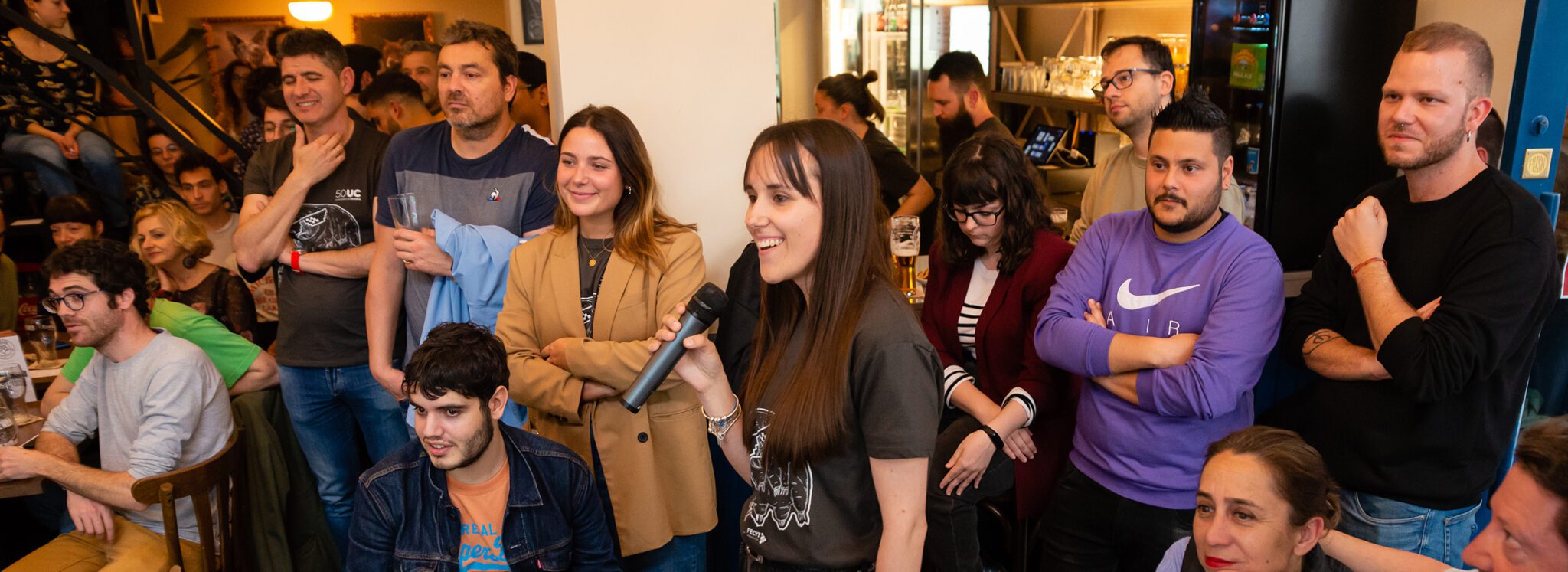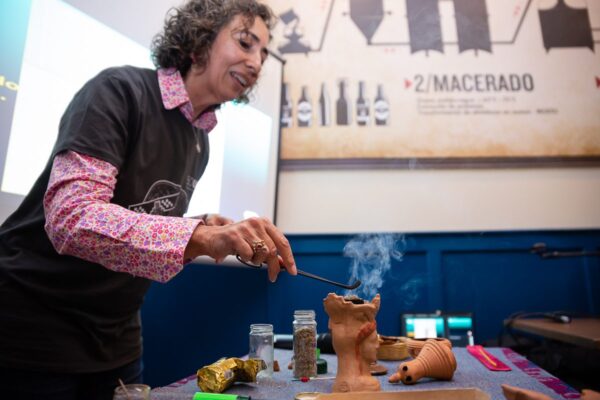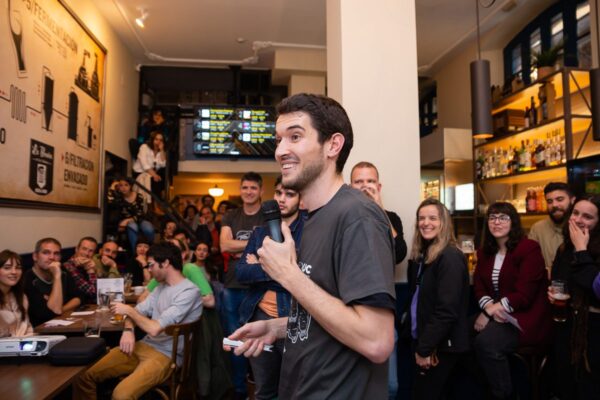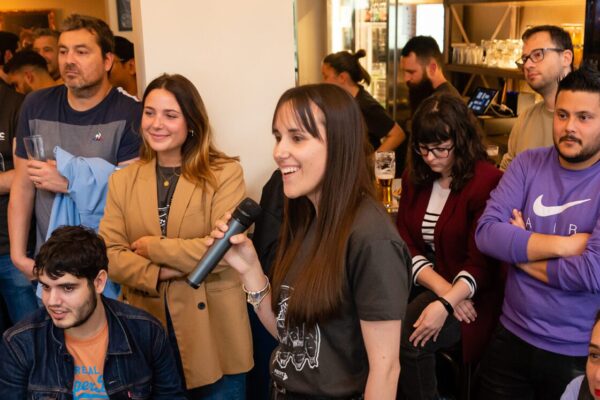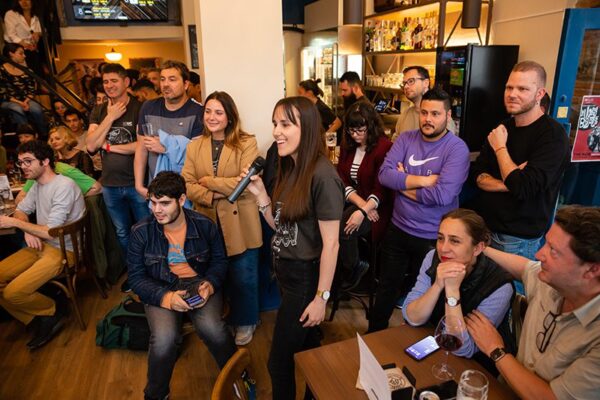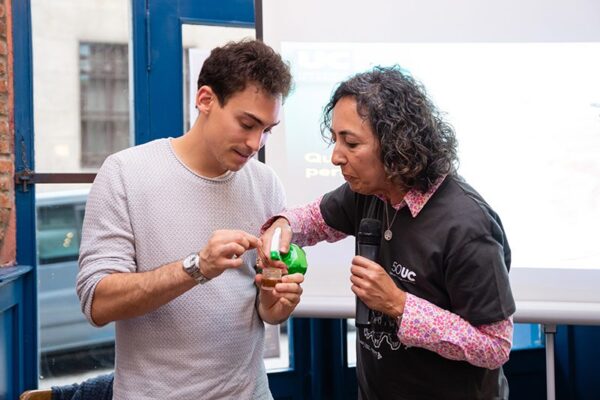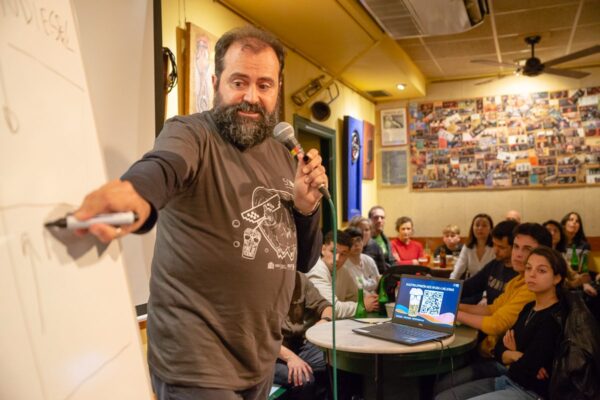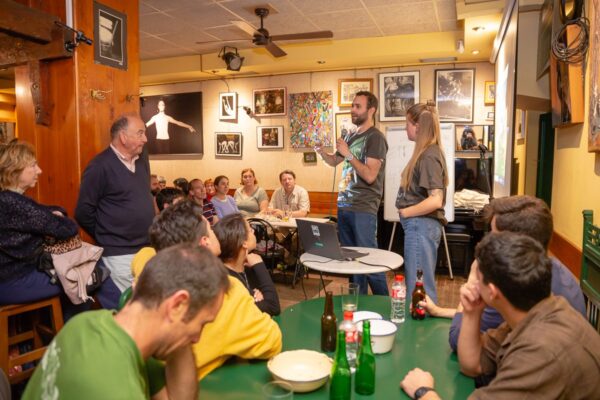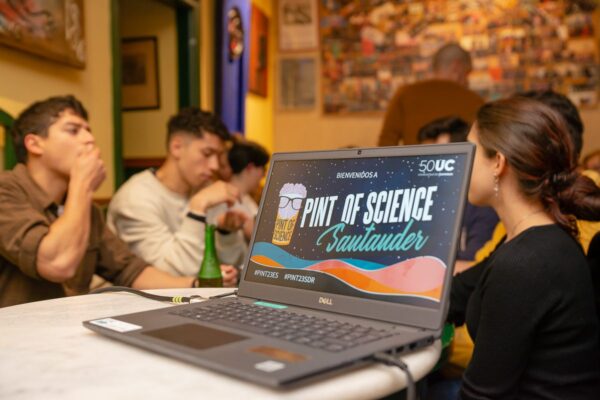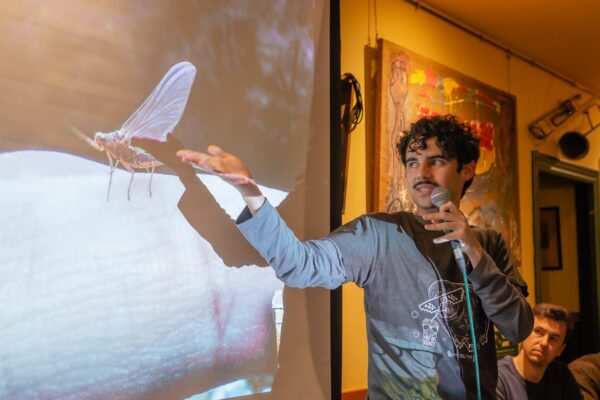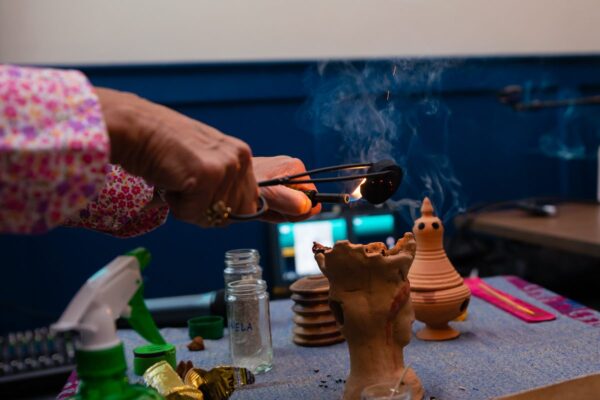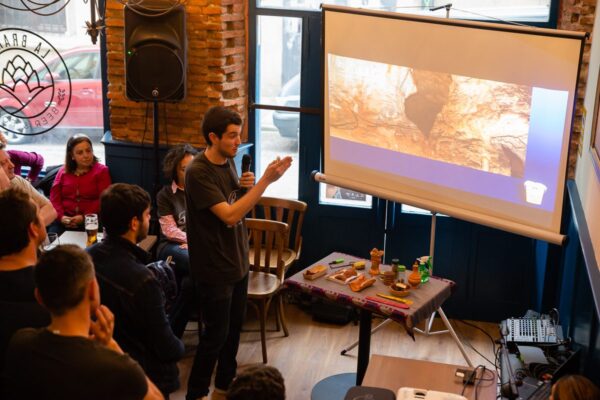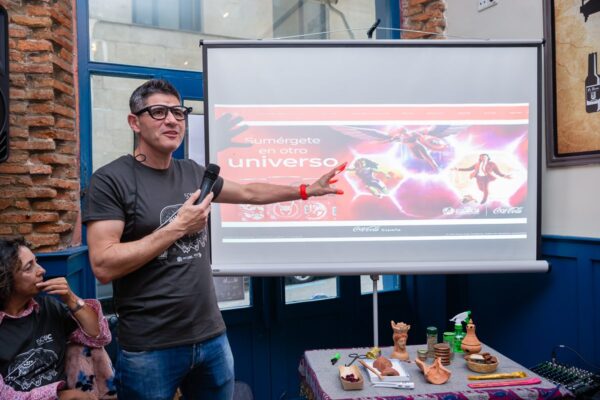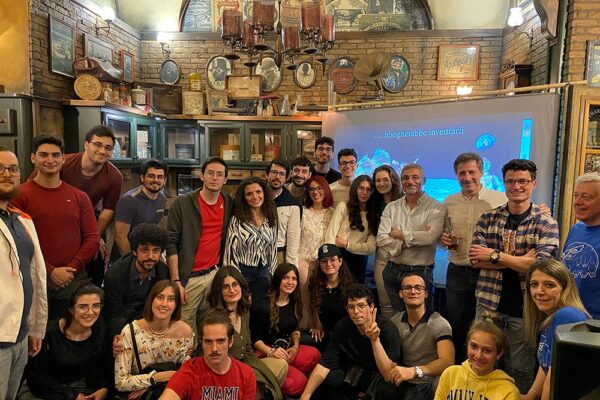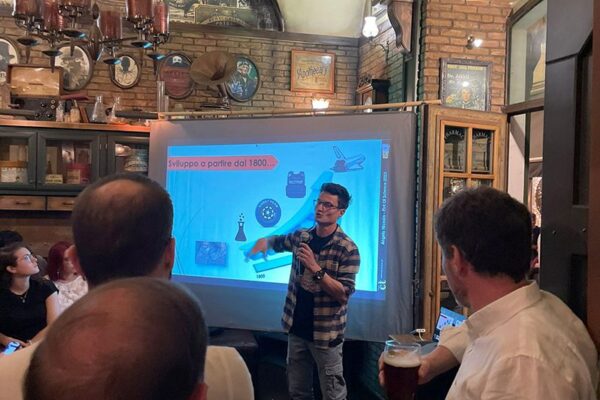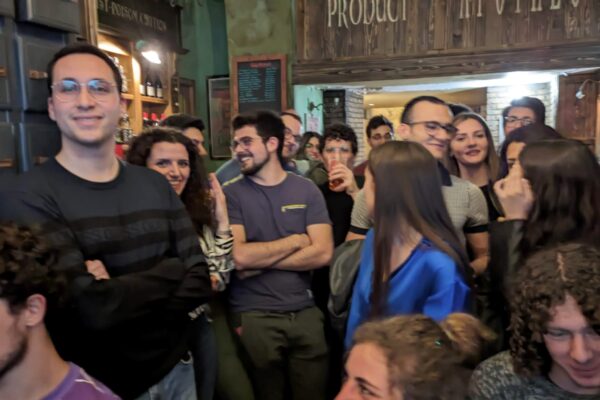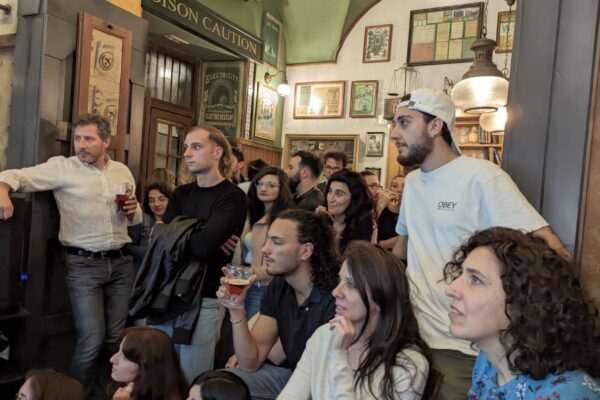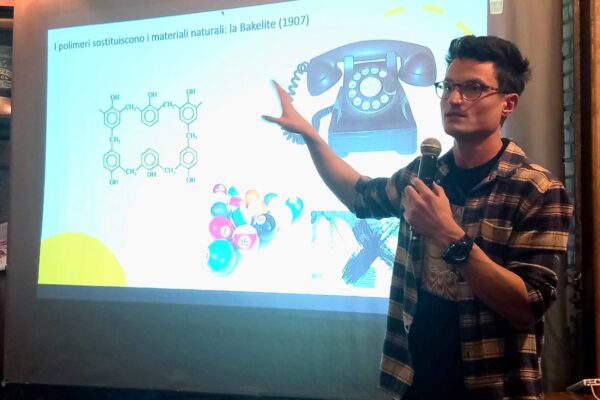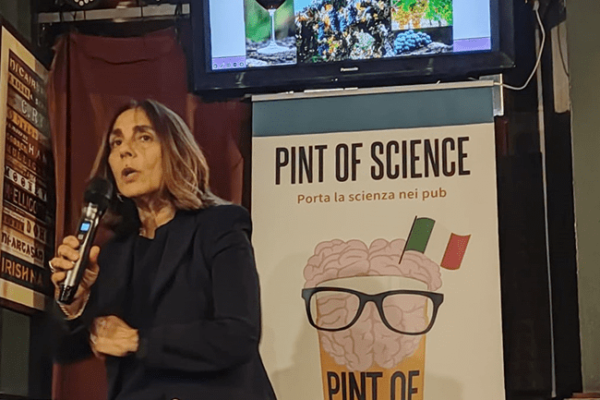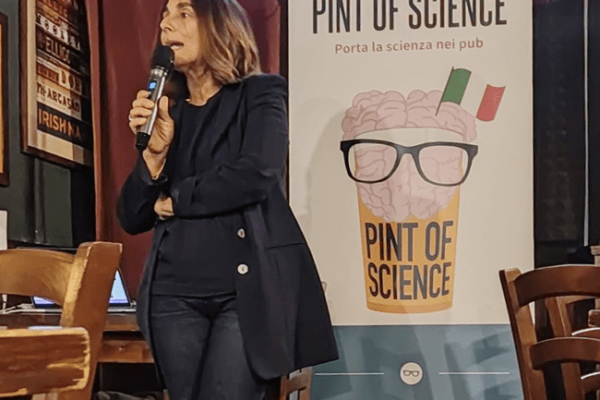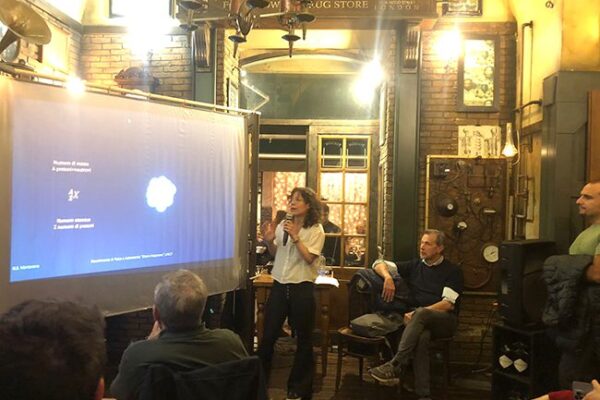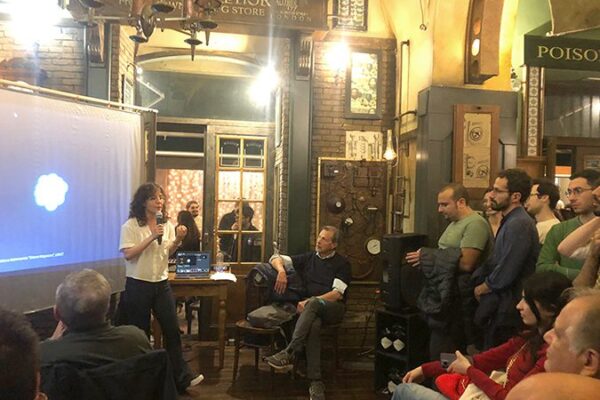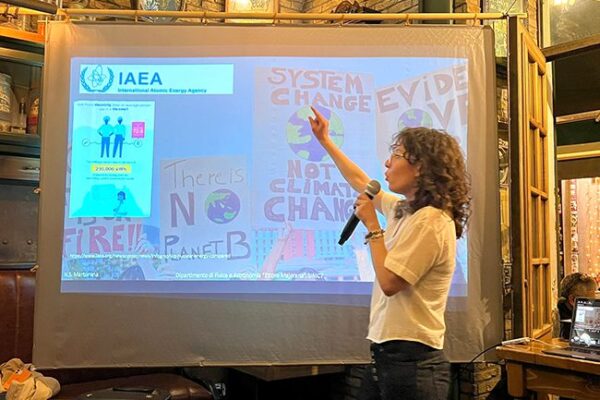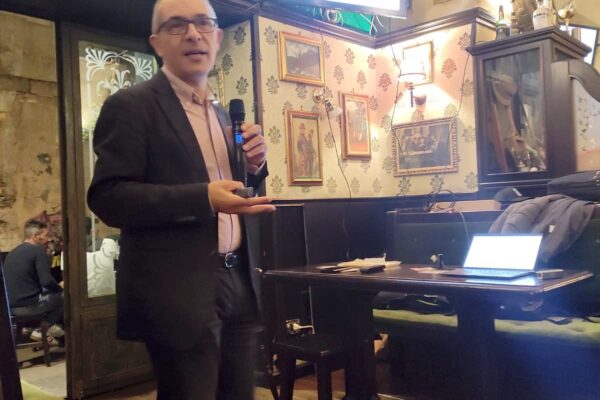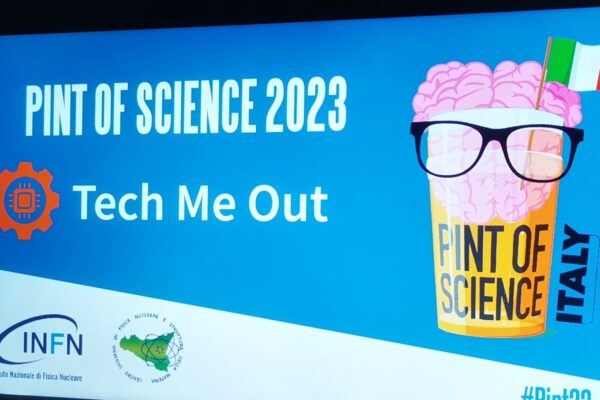43 researchers from these universities took part in this science dissemination festival in which they shared their findings with local people in bars and cafés in Cantabria (Spain) and Catania (Italy). It is an event spread internationally that gathers scientists and the rest of citizens in cafeterias to chat about research
The University of Cantabria (Spain) coordinated the Pint of Science festival in the Spanish region of Cantabria, where 34 of its researchers addressed 27 scientific topics in order to bring their projects closer to the local population in a relaxed and casual environment. They talked about chemistry, environmental sciences, prehistory, astronomy, physics, mathematics and engineering, among other areas of research.
So, around 500 people attended the scientific discussions that were suitable for all audiences and took place in different bars and cafés in Cantabria within the framework of this three-day scientific dissemination festival. “We almost multiplied by four or five times the average participation in the country,” said Carlos Beltrán, Vice-rector for Research and Science Policy of the University of Cantabria, with pride.
Catania was another EUNICE city that celebrated the Pint of Science. Four pubs hosted nine science talks on artificial intelligence, energy, materials, medicine, microbiology, agriculture and astrophysics. People took the opportunity to meet the nine participating researchers and to get to know their areas of research, eight of whom belonged to the University of Catania and associated research institutes.
Angelo Nicosia, PhD researcher at the Polymer Laboratory Department of Chemical Sciences of the University of Catania, described the Pint of Science as “an out-of-the-box event that was a success with the public, bringing together many interested and participating young people.”
Alessandra Gentile, Full Professor of Arboriculture and Fruitculture and participant in the Pint of Science festival, was pleased to see how her topic “aroused great interest and curiosity.”
Nunzia Simona Martorana, PhD researcher in Physics and Astronomy, was pleased with this festival’s different way for communicating science: “Usually, people are invited to visit the labs, but Pint of Science does the opposite: it is the researchers who travel to tell what they do, which makes the event unique.” She was also “very impressed by the large attendance, the pub was full of young and old people interested in understanding a little more about more about Nuclear Physics.”
Sebastiano Battiato, Professor of Computer Science, addressed AI and deepfakes and said “there was a lively discussion on this topic, especially among the younger generation, which showed how it is increasingly necessary for science experts to devote themselves to the dissemination of science in an increasingly convinced and participative manner.”
Caption: Pint of Science festival 2023 in Cantabria (Spain).
Caption: Pint of Science festival 2023 in Catania (Italy).

